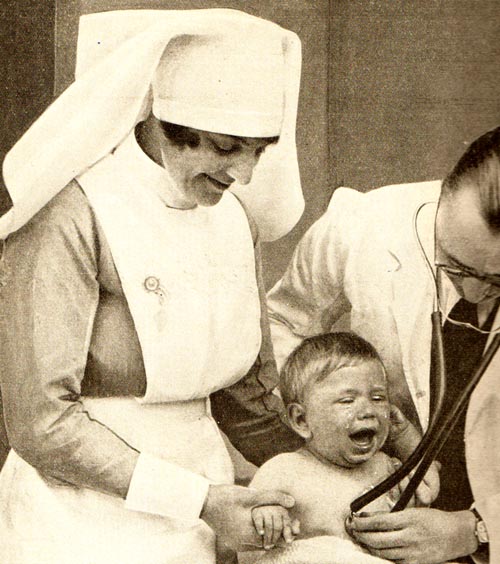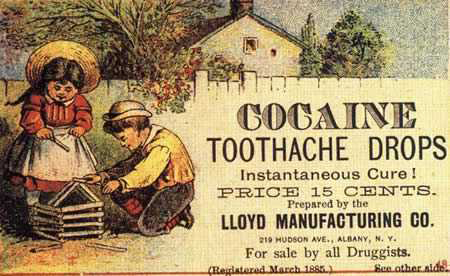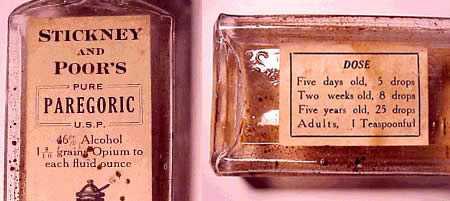Search
Recent comments
- mel warning....
9 hours 47 min ago - desecration....
11 hours 57 min ago - japan wins....
13 hours 5 min ago - nuances?....
13 hours 10 min ago - smaked by daddy....
13 hours 16 min ago - trust no-one....
15 hours 26 min ago - threesome....
15 hours 36 min ago - framing....
16 hours 36 min ago - epstein UK....
17 hours 32 min ago - toleration....
17 hours 53 min ago
Democracy Links
Member's Off-site Blogs
happy days...

Doctors should stop giving newborn babies sugar to relieve the pain of minor medical procedures because it does not work and may damage their brains, new research in The Lancet warns today.
The study says that small doses of oral sucrose do not reduce the pain which a baby feels when its heel is pricked to yield a blood sample or it has a drip put in to receive antibiotics.
Its conclusions directly challenge existing medical practice. Infants are routinely given tiny amounts of sugar in hospitals, both in the UK and around the world, as a way of limiting the pain they feel when they undergo short but painful procedures. Sick babies who receive sustained treatment in the early weeks of their lives may receive many doses to help them cope with repeated invasive procedures, which also include having an injection or having blood taken from a vein.
"Our findings indicate that sucrose is not an effective pain relief drug. This is especially important in view of the increasing evidence that pain may cause short and long-term adverse effects on infant neurodevelopment," said Dr Rebecca Slater, who led the Medical Research Council-funded study at University College London. "While we remain unsure of the impact sucrose has, we suggest that it is not used routinely to relieve pain in infants without further investigation."
http://www.guardian.co.uk/science/2010/sep/02/babies-sugar-pain-relief-warning
--------------------
meanwhile, the kids of yesteryear had a ball...
We had a ball...: cocaine, opium and alcohol...


- By Gus Leonisky at 2 Sep 2010 - 5:00pm
- Gus Leonisky's blog
- Login or register to post comments
war for drugs...
Neena Modhi, a professor of neonatal medicine at Imperial College London and a vice-president of the Royal College of Paediatrics and Child Health, said: "This is an important study. Sucrose is given because it seems to work. If it's confirmed that sucrose doesn't work, we have a problem because we don't have any effective treatments for acutely painful procedures in newborns."
But Modhi added that a bigger study, involving more babies, was needed and drug companies should speed up the development of treatments .
http://www.guardian.co.uk/science/2010/sep/02/babies-sugar-pain-relief-warning
Gus: see treatments above...
a medicated little boy...
By DUFF WILSON
OPELOUSAS, La. — At 18 months, Kyle Warren started taking a daily antipsychotic drug on the orders of a pediatrician trying to quell the boy’s severe temper tantrums.
Thus began a troubled toddler’s journey from one doctor to another, from one diagnosis to another, involving even more drugs. Autism, bipolar disorder, hyperactivity, insomnia, oppositional defiant disorder. The boy’s daily pill regimen multiplied: the antipsychotic Risperdal, the antidepressant Prozac, two sleeping medicines and one for attention-deficit disorder. All by the time he was 3.
He was sedated, drooling and overweight from the side effects of the antipsychotic medicine. Although his mother, Brandy Warren, had been at her “wit’s end” when she resorted to the drug treatment, she began to worry about Kyle’s altered personality. “All I had was a medicated little boy,” Ms. Warren said. “I didn’t have my son. It’s like, you’d look into his eyes and you would just see just blankness.”
Today, 6-year-old Kyle is in his fourth week of first grade, scoring high marks on his first tests. He is rambunctious and much thinner. Weaned off the drugs through a program affiliated with Tulane University that is aimed at helping low-income families whose children have mental health problems, Kyle now laughs easily and teases his family.
Ms. Warren and Kyle’s new doctors point to his remarkable progress — and a more common diagnosis for children of attention-deficit hyperactivity disorder — as proof that he should have never been prescribed such powerful drugs in the first place.
adverse reactions in youngster
Alternative remedies can be dangerous for children and can even prove fatal, according to a study carried out in Australia.
The report warns of possible adverse reactions in youngsters who are given alternative remedies.
Researchers say parents sometimes think remedies are "more natural" with fewer side effects than conventional drugs.
But in nearly two thirds of the cases the side effects were rated as severe, life threatening or fatal.
The study, published in the journal Archives of Disease in Childhood, looked at 39 separate incidents reported to the Australian Paediatric Surveillance Unit between 2001 and 2003.
The children ranged from babies to 16 year olds.
Child deaths
In 30 cases, the issues were "probably or definitely" related to complementary medicine, and in 17 the patient was regarded as being harmed by a failure to use conventional medicine.
The report says that all four deaths resulted from a failure to use conventional medicine.
http://www.bbc.co.uk/news/health-12060507
The point is to know which alternative medicines were used and could "conventional" medicine have helped prevent the deaths... see toon at top...